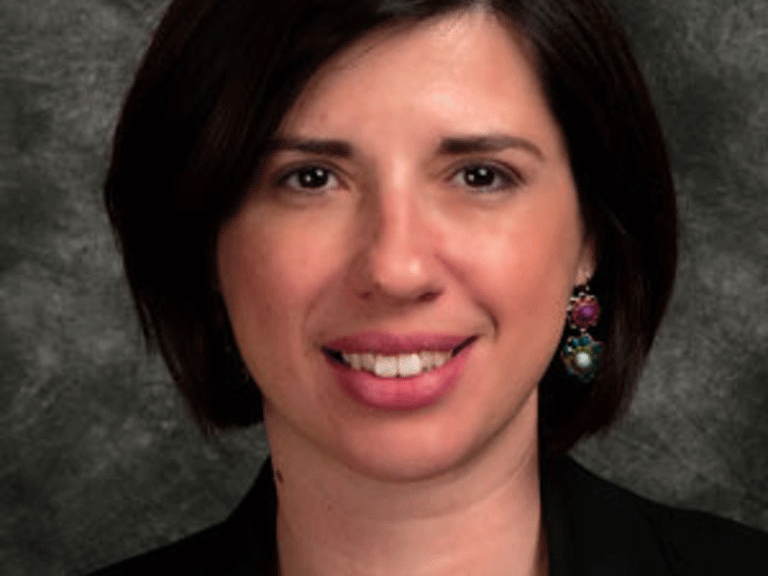 As the College of Cardinals prepares to elect Pope Benedict XVI’s successor, many members of the Manhattan College community are following the events in Rome closely. For theologian Natalia Imperatori-Lee, Ph.D., an associate professor of religious studies, the conclave will be particularly exciting.
As the College of Cardinals prepares to elect Pope Benedict XVI’s successor, many members of the Manhattan College community are following the events in Rome closely. For theologian Natalia Imperatori-Lee, Ph.D., an associate professor of religious studies, the conclave will be particularly exciting.
Imperatori-Lee specializes in the intersection of the Catholic Church and Latin American culture, and some prognosticators are speculating that the time is ripe for a Latin American pope. That’s never happened in church history before, and if it does, Imperatori-Lee, a member of the Academy of Catholic Hispanic Theologians of the United States, will be poised to serve as a leading expert on its underpinning significance.
“This is the new reality,” says Imperatori-Lee, a prominent scholar on Latino devotion to the Blessed Mother, noting that more Catholics now live in Latin America than on any other continent. “The region has become a priority, not an afterthought.”
Is the Church Ready for a Pope from the Global South?
Indeed, the church in Latin America is in better health than in Europe, where Mass attendance has been in notable decline. Nevertheless, Imperatori-Lee says she wouldn’t be surprised to see another European in the papacy again this year; positing that Benedict’s resignation was so stunning — it marks the first papal decision to step down in nearly 600 years — that the church’s gatekeepers will likely refrain from rocking the boat further.
“The church moves very slowly, and Benedict’s resignation is already surprising,” says Imperatori-Lee, a Cuban-American from Miami who is currently writing a book analyzing Catholic themes in Caribbean literature. “To add a second significant change of electing the first pope from the global south — that would be shocking, and I’m not sure the church is ready for it.”
Still, Imperatori-Lee knows better than to make absolute statements, particularly when she has spent the bulk of her career analyzing the rapid growth of Hispanic Catholics during the last century. In 1910, Latin American and Caribbean Catholics comprised 24 percent of the faithful while Europeans accounted for 65 percent. By 2010 those figures shifted to 39 percent and 24 percent, respectively.
In more recent years, says Imperatori-Lee, Latin America has witnessed a reverse trend of sorts, with Catholics migrating toward Pentecostal congregations, stoking fears that South America could experience a Catholic exodus similar to Europe’s and speculation that a Latino pope could help quell such a trend.
The Candidates
Currently, two Latino cardinals have emerged within the pool of leading contenders to become Benedict’s successor. Cardinal Leonardo Sandri, the prefect for the Vatican’s Congregation for Eastern Churches, is an Argentine born to Italian parents who analysts call a Vatican insider with strong diplomacy skills. Cardinal Óscar Rodríguez Maradiaga of Honduras, a rising star known for his anti-corruption beliefs and ties to the rebels during the failed 2009 Honduran coup, has publicly pushed for a pope from the southern hemisphere.
While conceding that the election of a Latino pope would buck all odds, Imperatori-Lee also knows that anything is possible in a papal conclave.
“There’s a saying at the Vatican,” she says. “You go in a candidate for pope, you come out a cardinal. In other words, expect the unexpected.”